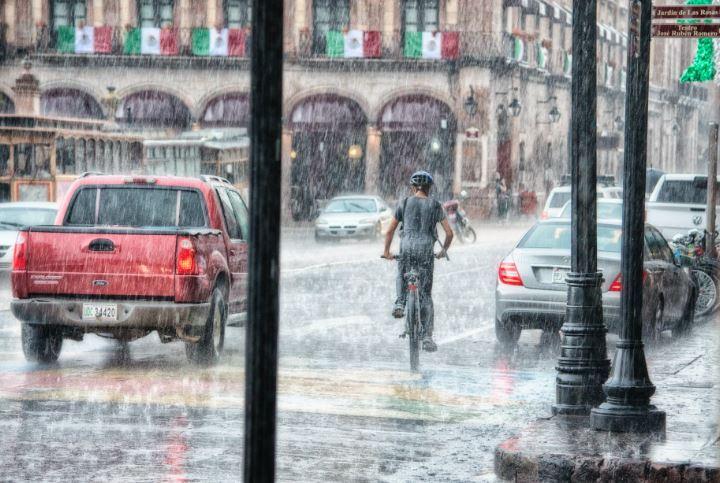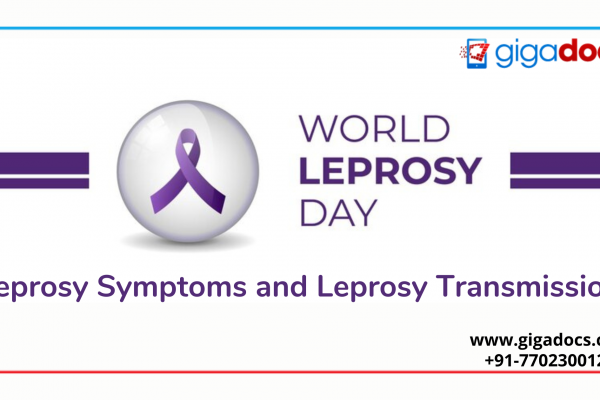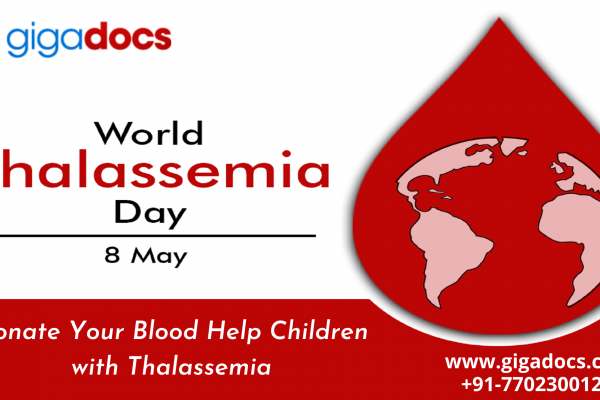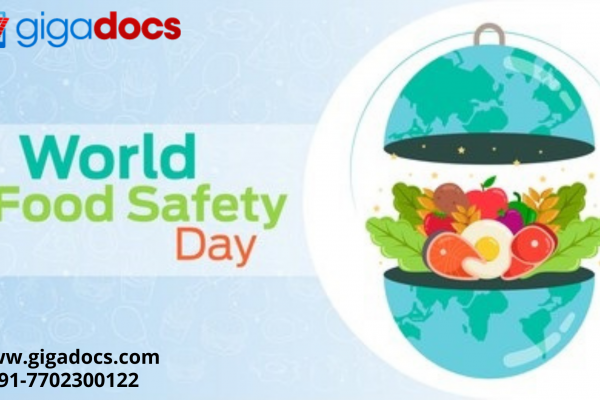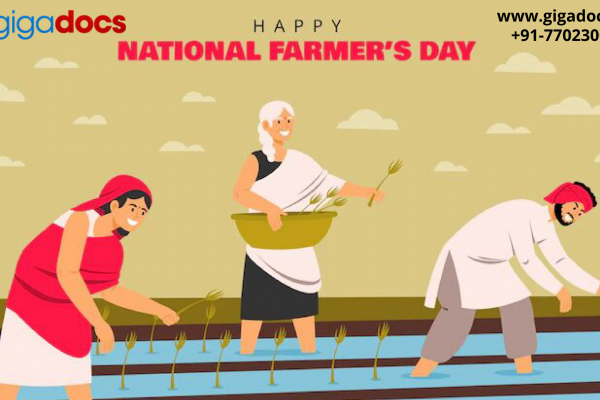The onset of monsoon brings great relief from the scorching summer heat. With the refreshing rains, come a host of diseases and infections which can pose a serious challenge and health threats for you and your family.
The rainy season brings a host of mosquito and water-borne diseases transmitted over the few months of the rain. Most of the victims of this seasonal illness are senior citizens and young children with a weak immunity system.
According to the World Health Organization, waterborne diseases bought by the monsoon affects millions and is the reason behind the annual 3+ million deaths. The dangerous diseases of the rains include typhoid, gastroenteritis, food poisoning, diarrhoea, malaria, and dengue which peak during the monsoon becoming life-threatening if ignored.
The Breeding Ground for Germs
The monsoons are a perfect breeding ground for seasonal germs and waterborne diseases which affect a lot of people across geographies. Humidity and change in temperature increase the rate of bacteria multiplication resulting in a sudden spike in seasonal infections like conjunctivitis, gastroenteritis, skin allergies, cholera. Here are why monsoons are dangerous and a breeding ground for germs-
- Rains bring dirt and puddle of mud across roads, trees, and buildings which gets drained into water pipes and when these lines are opened, they may potentially contaminate drinking water causing water-borne diseases, Diarrhoea being the most common.
- The sudden change in temperature brings humidity compromising the immune system which increases the chances of infectious diseases, and the more deadly Coronavirus.
These factors are often beyond our control. The best cure we can take is making sure we drink filtered water, to avoid these common water-borne diseases listed below-
5 Common Water-borne Diseases with their symptoms
- Typhoid
Typhoid is a waterborne disease characterized by a fever which starts with a dry cough, chills, sweating, headache, body aches, and abdominal pains. Typhoid is contracted by eating uncovered or spoilt food and drinking contaminated water.
Typhoid fever shows signs of betterment within a few days after an antibiotic’s treatment is administered, though patients who develop complications may develop fatalities. Typhoid is an endemic affecting young children who are at a higher risk although they may show milder symptoms than adults. Typhoid is more prevalent in parts of Africa, India, Southeast Asia, and South America.
- Cholera
Cholera through easy to treat may lead to severe dehydration and watery diarrhoea and is responsible for over 100000 deaths annually. Cholera is virtually eliminated in industrialized countries courtesy to improved sewage and water treatment but it still exists in Africa and Southeast Asia. The risk of a cholera epidemic is highest in crowded conditions where sanitation is compromised.
Much like the deadly Coronavirus, Cholera shows asymptomatic symptoms too. Those affected with the infection do not even know they are affected. Amongst the asymptomatic symptoms, Cholera bacteria is shed in the stool for about 7- 14 days which can infect others through contaminated water.
- Jaundice
Jaundice is characterized with yellowing of the skin and whites of eyes when the body is unable to process bilirubin- a yellowish substance in the blood. Jaundice is a sign of bilirubin excess in the bloodstream. Jaundice or hyperbilirubinemia is a water-borne disease, affecting people of all ages contracted through contaminated food and water, and poor sanitation. It causes liver dysfunction, along with symptoms like abdominal pain, weakness and fatigue, abnormal weight loss, yellow urine, yellowing of eyes, and vomiting.
- Gastro-intestinal infections
Gastrointestinal infections can be bacterial, viral, or parasitic infections causing inflammation of the gastrointestinal tract. Gastro infections affect the small intestine and stomach. Symptoms of gastroenteritis include vomiting, diarrhoea, gastroenteritis, and abdominal pain. Consumption of uncovered, or contaminated food and water is the main reason behind Gastrointestinal infections. To avoid stomach infections, medical specialists advise to boil drinking water and cover all the foods before consumption.
- Hepatitis A
Hepatitis A can lead to mild or severe illness, infecting the liver. The hepatitis A virus (HAV) strain is transmitted when a person eats contaminated food or drinks contaminated water or through direct contact with an infectious person. Hepatitis A can inflame and damage the liver and carries symptoms like tenderness in the stomach, yellow eyes, fatigue, fever, sudden loss in appetite, and dark-coloured urine.
Prevention of Waterborne Diseases
Preventive measures are as important as maintaining a healthy balanced diet in the monsoon months. These potentially life-threatening water-related and water-borne diseases can be kept at arm’s distance if all the preventive measures are followed as listed below-
- Don’t consider wading into rainwater or venturing out after or during a heavy downpour. Wear face masks, hand gloves if you have to go out for emergency shopping. After coming back consider taking a hot water shower with a sanitizer solution to mitigate the surface contamination risk of Coronavirus pandemic.
- Make sure your hygiene is not affected. Keep your skin clean and dry, wash hands throughout the day when you are in office, or at home after coming from outside after lockdown.
- Stagnant water is a breeding ground for mosquitoes, check your home and neighborhood for any water stagnation. Keep your kids away while you are checking air conditioning trays, water coolers, flowerpots, or water storage containers for water and mosquito breeding. Follow social distancing precautions.
- Avoid eating street food, for the risk of water-borne disease transmission and also coronavirus contamination. During the rains, our digestive system becomes weak. Thus, we must avoid eating fried, junk, and spicy food. They have a heated thermal effect on our bodies making it feel sluggish and lethargic.
- Follow strict food safety precautions. Medical specialists’ advice to always keep food covered. Though the flies look harmless they are the carriers of serious waterborne diseases like Cholera and Typhoid.
- Drink warm water, it is also advised as a preventive measure against COVID-19.
- Make sure you consume freshly-washed, local produce. Eat seasonal fruits and vegetables and aim to reduce your intake of sodium, oils, fats. They may contain microorganisms that can be potentially harmful to your health.
Virtual Consultation
Considering the respite, they bring, monsoons are loved by all. To enjoy the first drops of rains it is best to stay informed and protect ourselves from these common monsoon illnesses. We tend to self-medicate and try over-the-counter medications which must be avoided at any cost. Another fear is the risk of infectious diseases that may be contacted while going and waiting at the doctor’s clinic.
To mitigate the risk of infectivity, doctors highly recommend digital consultation. Here are the benefits of telemedicine consultation which a smart practice management app like Gigadocs provides at your fingertips-
Benefits of Virtual Consultation
- Reduces the infection spread– Teleconsultations are administered from a remote location often from the doctor’s clinic to the patient’s home over a telephone call or a video call. In this way, digital consultation eliminates the possible transmission of infectious diseases between the medical staff and patients.
- Reduces stress– Virtual consultation not only reduces infection spread they are essential to mitigate the stress among patients who visit the health practitioner. This can be daunting especially as lockdown eases, the fear of transmissions increase.
- Encourages self-care– A digital doctor can be consulted anytime based on the convenience of the patient. Over a call, digital doctors can assist patients on how to practice self-hygiene measures to reduce the spread of water-borne infections.
Book your Digital appointment on the Gigadocs app, to consult telemedicine doctors for yourself, your children and senior citizens for water-borne diseases, seasonal infectious diseases, orthopaedic specialists, dentist or a paediatrician from the comfort of your home.
Download the Gigadocs app from-
- IOS App – apple.co/2W2iG4V
- Android App – bit.ly/33AQoRC
To know more and schedule a Virtual Consultation demo, e-mail, at info@gigadocs.com
